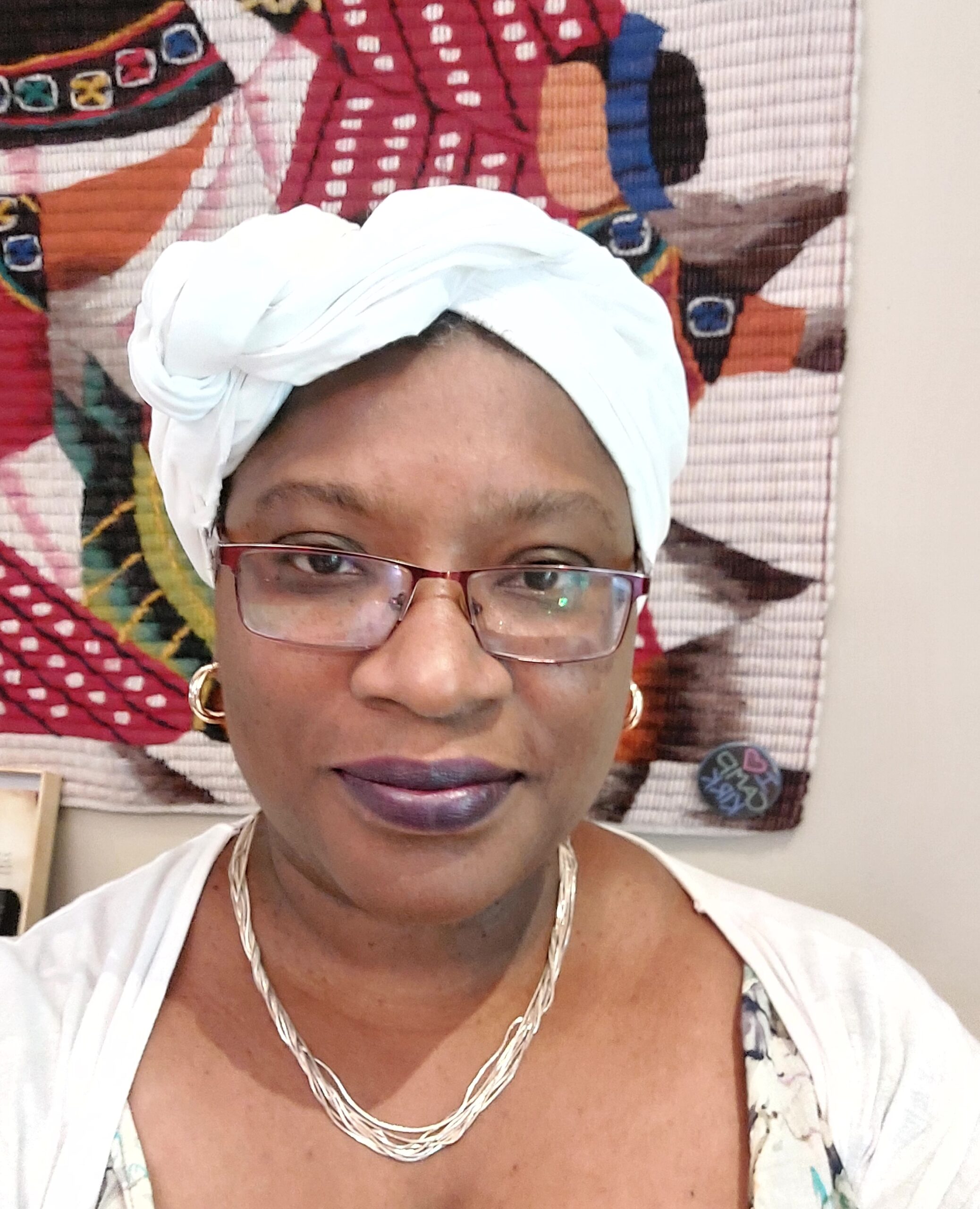When Professor Melanie J. Newton was a McGill undergraduate, in the mid-1990s, she hardly imagined that she would someday return to present a keynote address for Black History Month.
Though Newton’s current areas of expertise include slavery and emancipation, Indigenous and African diaspora, and gender and social history, she got her start at McGill with a major in Contemporary German Studies.
“Understandably, my parents were skeptical. Why would a Caribbean student go overseas to university to learn a language and history that she knew nothing significant about? But at the time, I was determined to try and understand the type of exclusionary thinking that led to regular people accepting a movement like the Nazi Party and allowing the Holocaust to happen. I wanted to understand how they got to that point,” said the University of Toronto associate professor in a recent interview with the McGill Reporter.
Newton minored in British Imperial History in her final year, one of the few ways into exploration of her Caribbean roots and colonialism. One class that had a particularly positive impact on her was a class on West African history taught by then-PhD student Ismail Rashid, now a professor at Vassar.
“On the upside, that overall, general sense of missing information pushed me to question and challenge.”
This Mess of a Colonial Legacy”
On February 8, Newton will deliver the Black History Month keynote address that she’s titled: “‘This Mess of a Colonial Legacy’: Revolutionary Relationalities, Arrivant Statehood and Afro-Indigenous Futures.”

“When I was the Director of Caribbean Studies at the University of Toronto, I worked briefly with Belizean scholar and Mayan activist Filiberto Penados. He wrote in 2015 of what he called the ‘mess of a colonial legacy’ as an acknowledgement of the complexity of that legacy but also as a source of optimism about the futures that Indigenous and African diaspora populations can forge for themselves,” she said.
For Newton, part of the challenge is overcoming national narratives of two post-Columbian peoples, Indigenous and imperial or settler, that lump those enslaved from Africa and their descendants in with settlers.
“That divide is also problematic in the case of Indigenous peoples [like] the Garifuna,” an Afro-Indigenous Caribbean people whose homeland is in St. Vincent and the Grenadines but most of whom are now spread across Central America. “They were moved from their traditional communities by imperialists to areas of Central and South America where they were no longer seen as Indigenous.”
For Newton, one way beyond and forward is to reject the duality, to accept the ‘mess’ and add to it with help of terminology like ‘arrivant,’ a concept from Afro-Jamaican religious practices that Barbadian poet and academic Kamau Brathwaite used to explore the Afro-Caribbean experience. “Like other Caribbean intellectuals writing in the 1970s, Brathwaite anticipated debates that coalesced decades later, including narratives of reconciliation that disappear Blackness into a simplistic history of indigenous and settler,” she says
Newton credits Jodi Byrd, a Chickasaw scholar and professor of English at Cornell, with bringing her to this concept.
Formative years at McGill
Newton’s experiences outside the classroom were also formative. She and fellow students at The Daily came of age during the end of Apartheid, the Oslo Accord process, and the Quebec sovereigntist movement. She had a formative experience in 1995 when she and a group of other Daily journalists attended a protest at the Kahnawà:ke Reserve, held in solidarity with Indigenous protesters at Ipperwash in Ontario.
“Though only one of us was going to write the article, I remember that five of us went to a demonstration on the reserve, joining a crowd of mainly mothers and children,” she says. “At one point, a news report came over the radio claiming that there was violence and over-turned cars at the protest. We were stunned because we were there, and it was totally peaceful.”
Questioning and challenging the legacies of British imperialism led Newton from her McGill BA to a doctorate in History from Oxford University. Between the two, she served as youth representative on the Barbados Constitution Review Commission, which laid the groundwork for the country to transition from a constitutional monarchy to a republic in 2021.
“Things improve because people force them to. But as we keep seeing, change doesn’t only move in one direction, it just shifts the conflict,” she warned.
Melanie J. Newton’s keynote address is open to all McGill and Montreal community members. Tickets are free and available through the BHM webpage. For more on her publications, career and prizes, please visit her faculty webpage.
